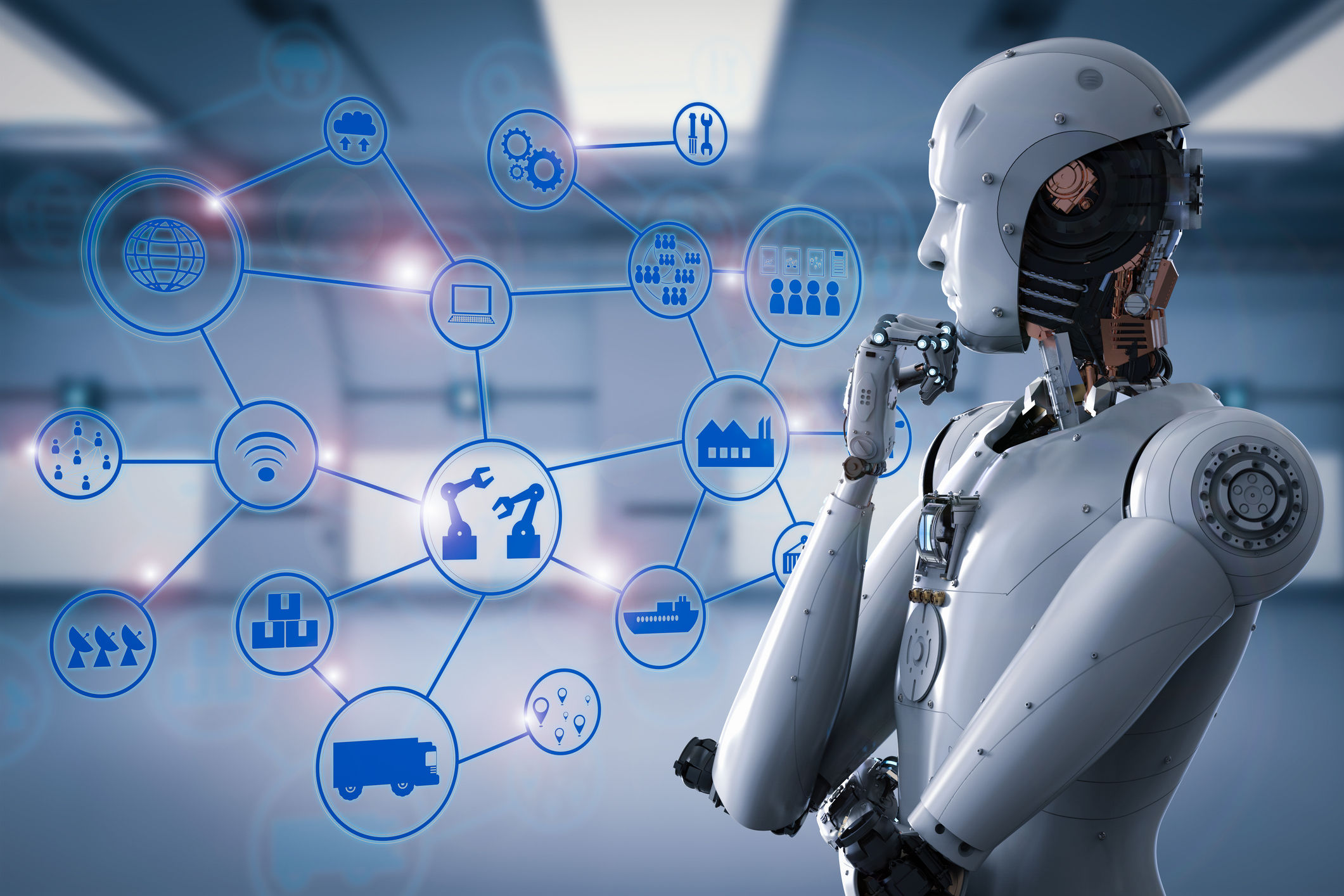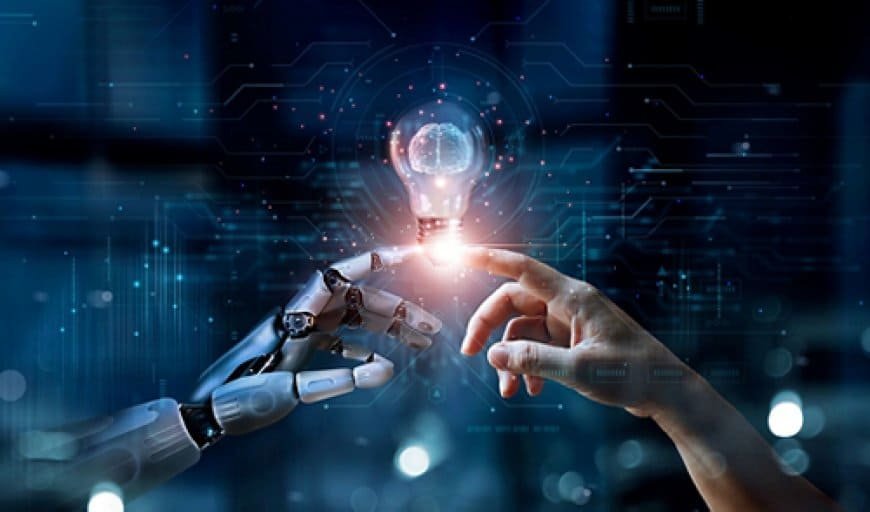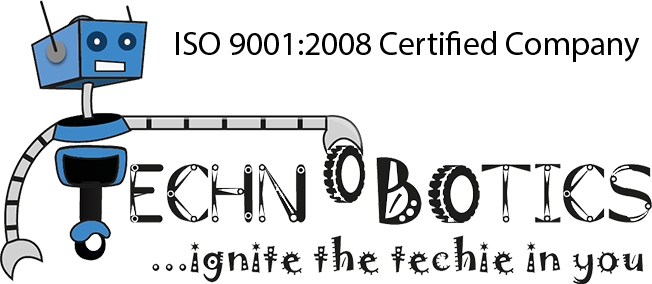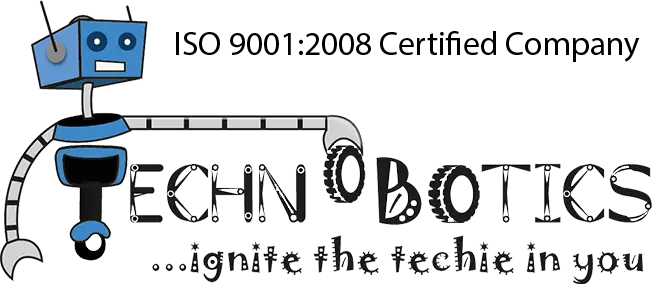In today’s world, technology is everywhere, making our lives easier and more exciting. It’s helpful to know the difference between science, technology, and robotics programming to understand how these advancements come about. Science is all about studying and understanding how things work in nature. Technology uses such knowledge to create tools and devices that help us in our daily lives. Science and technology are used in robotics to develop devices that can do tasks autonomously or with little human assistance. Learning about these fields can open up many opportunities, whether interested in building robots, creating innovative software, or automating everyday tasks. This article will explain what science, technology, and robotics are and introduce you to different courses you can take to learn more about them.

 The practical application of scientific knowledge is known as technology. It entails developing tools, structures, and devices to address issues or enhance current fixes. Many different fields are included in the field of technology.
The practical application of scientific knowledge is known as technology. It entails developing tools, structures, and devices to address issues or enhance current fixes. Many different fields are included in the field of technology.
-
Difference Between Science, Technology And Robotics

-
Science
- Physics: The study of matter, energy, and their interactions.
- Chemistry: The study of substances, their properties, and how they react.
- Biology: The study of living organisms and their life processes.
-
Technology
 The practical application of scientific knowledge is known as technology. It entails developing tools, structures, and devices to address issues or enhance current fixes. Many different fields are included in the field of technology.
The practical application of scientific knowledge is known as technology. It entails developing tools, structures, and devices to address issues or enhance current fixes. Many different fields are included in the field of technology.
- Engineering: The design and construction of structures, machines, and systems.
- Medical Technology: The development of tools and devices for healthcare.
-
Robotics programming
- Mechanical Engineering: For the physical construction of robots.
- Electrical Engineering: For the control systems and circuitry.
- Computer Science: For programming and artificial intelligence (AI).
Different Types Of Robotics Courses
- Robotics Engineering Courses
- Introduction to Robotics: Basics of robotics, history, and applications.
- Mechanical Design: Principles of mechanics and materials used in robot construction.
- Control Systems: How to control robot movements and functions.
- Programming for Robotics: Coding languages and software used to program robots.
- Sensors and Actuators: Devices that help robots interact with their environment.
- AI and Robotics Courses
- Machine Learning: Techniques for teaching robots to learn from data.
- Computer Vision: Enabling robots to interpret and understand visual information.
- Natural Language Processing: Allowing robots to understand and respond to human language.
- Robotic Perception: Using sensors to gather and process information about the environment.
- Autonomous Systems: Creating robots that can operate independently.
-
Robotic Process Automation Courses
- Introduction to RPA: Basics of RPA, benefits, and applications.
- RPA Tools and Platforms: Overview of popular RPA software like UiPath, Blue Prism, and Automation Anywhere.
- Workflow Automation: Designing and implementing automated workflows.
- Data Handling: Techniques for managing and processing data with RPA.
- Implementation and Deployment: Best practices for deploying RPA solutions in a business environment.


